You Can Borrow People, Not Books, At The Human Library
Plan on going to the library to borrow a book? Visit the Human Library too and listen to a real person share his or her story.
A new kind of library may soon be coming to your city. It does not require a lot of space because it is not stocked with paper books placed on rows upon rows of shelves. Instead, the readers ‘meet’ their books, listen to their stories and ask them questions, leading to interactive sessions that provide much food for thought.
The Human Library concept originated in Denmark a few years ago and has spread to about 60 countries, recently finding its way to India with the first Human Library event taking place in Indore. This international organisation tries to challenge prejudices through dialogue and increase social contact between people from different backgrounds. It is a place where real people are on loan to readers as ‘books’.
Who Are the ‘Books’ and Who Are the ‘Readers’?
The human books are real people who have strong stories about their personal lives to share, who have broken stereotypes to do with gender or race or sexuality or disability or any such issue, have faced and overcome huge personal challenges, or have lived a story that will positively impact the life of another person. They send in synopses of their stories to the organisers of the Human Library events, who make them available to the readers to listen to and decide whether they want to learn more about the particular human book or not.
The readers come from all walks of life but with a thirst to learn and sometimes confront their prejudices by interacting with people they normally wouldn’t meet. They listen to the synopses and decide which book they want to ‘borrow’. Typically, they ask the ‘book’ questions about his/her life – the answers often help dispel preconceived notions and provide better knowledge of a subject or idea. Because the sessions are interactive, there is no pin drop silence as when reading a paper book – the readers can dig deeper, beyond the basic ‘story line’. A ‘book’ can be borrowed for 20-30 minutes at a time.
Previous ‘books’ have included a recovering drug abuser, a Buddhism practitioner and tea-seller turned author, a female solo traveller, cancer survivors, domestic violence survivor, bullying victim, and a history chronicler, among others.
Vernita Verma, who has bipolar disorder and agreed to be a ‘book’ at a Human Library event in Delhi to share her story about mental health, says she was apprehensive that she would be repeating her story again and again to the different people who “borrowed her.” “But I was surprised,” she says. “Most people did not have the same questions for me, and my story had to follow the course of what they wanted to know. And many times, even when I felt I knew all the answers, their questions made me think and confront my own beliefs. I learnt so much about myself and thoroughly enjoyed the experience,” she adds.
Senior Citizens Participating in the Project
While the events encompass all age groups, Neha, the Human Library organizer of the Delhi chapter, says several senior citizens have also participated as ‘books’. Anyone with a unique experience to share can be a human book. All cases of people who sign up are verified and their stories screened carefully, to make sure they are genuine.
Ritika, the Head Librarian of the Hyderabad Chapter, says they have several senior citizens who are books – a retired army couple, a person who speaks about child sexual abuse and another who recounts his experience of being a recovering alcoholic.
Mala, 59, is the mother of a young gay adult. She says she became a book with the Human Library to share her experience of how she came to accept her son’s sexuality. “There is a lot of stigma attached to being gay and I want to educate other parents about it so they can be more understanding if their children are gay. I also want to encourage gay children to come out openly about their sexuality,” she says.
Most of the readers are from the younger generation but Ritika says they would love to have senior readers since it might help them break many prejudices that people of that generation hold. Her own mother, she says, does not understand her interacting with LGBTQ people and if more people like her attended Human Library events it would help them get rid of taboos.
Adds Harshad Fad, Book Depot Manager, “When it comes to senior citizens participating as readers, the number is way lesser than that of youngsters. The classification is about 10% percent of the readers being 50+ and the rest is constituted of youngsters from 16-35 years of age.”
Aruna Kumar, a 50-year old school librarian in Hyderabad, is a regular at the Human Library events in the city. He first heard about the organization through a poster at the British Council and his curiousity was aroused. “The idea appealed to me,” he said, “I was not accustomed to discussions like this in my life – about gay love, domestic abuse, etc. I ‘read’ books like that of a rape victim who has recovered and is now counselling others. I wanted to open myself to new thinking. People my age are often prejudiced and cannot understand young people and their problems. After going to Human Library readings I feel if I encounter a young person with a problem, I can really listen and empathise with him or her.”
So how was the experience of reading a paper book different from reading a human book? Says Aruna Kumar, “I read a human library book on veganism. The difference was that had I just read a paper book I would not have been able to clarify my doubts and may have been left confused. With a human book I could talk about things I did not understand. It was like a cross between a paper book and an in-person lecture where you can ask questions.”
Find a Human Library in Your City
You can sign up to be a book or go as a reader to an event by looking up the listings on the Facebook page of the Human Library chapter in your city (currently in Bangalore, Hyderabad, Delhi, Mumbai, Indore, Pune, Chennai, Surat, Gurgaon, Chandigarh, and Patiala….also coming soon to Vizag, Kolkata and Dehradun). Send a message to the organisers if you have any questions. Or, you may get in touch with Harshad Fad, the Book Depot Manager of the Hyderabad chapter, for help at 8806312533.
Comments

Anonoymous
16 Oct, 2019
[…] Liked this story? You may also like to read the story of a library where you can read people, not books. […]

Geethica
18 Jul, 2019
I have learnt about this concept for the first time and it sounds so much interactive. I would like to try it when in Delhi as visit as a book.

Keerthana Gedela
25 Sep, 2018
Thank you for mentioning the Vizag section of Human Library. It is also successfully going to host it's Second Edition. Interested may drop by. ☺ï¸

Silver Talkies
02 Mar, 2013
Please contact the number listed at the end of the article.

Rekha Wodeyar
28 Feb, 2013
Wow Nishi wonderful idea. I would like to join this group

Kassy.Devaki@Gmail.Com
25 Feb, 2013
would be glad to be a part of this group.

Chandrika Desai
22 Feb, 2013
Wonderful! Specially for senior citizens, because most of the time they want to be heard!

Silver Talkies
20 Feb, 2013
Thank you for your appreciation.

Sandhya
19 Feb, 2013
What an amazing idea. Changes the way we look at the wisdom carriers in our society. Great work Nishi, as always!
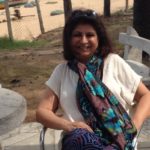
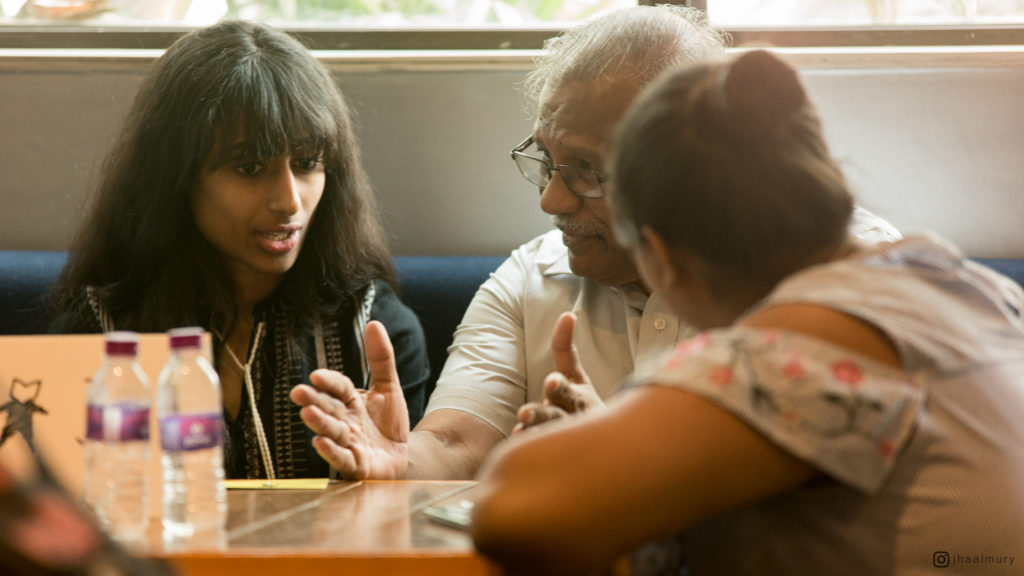
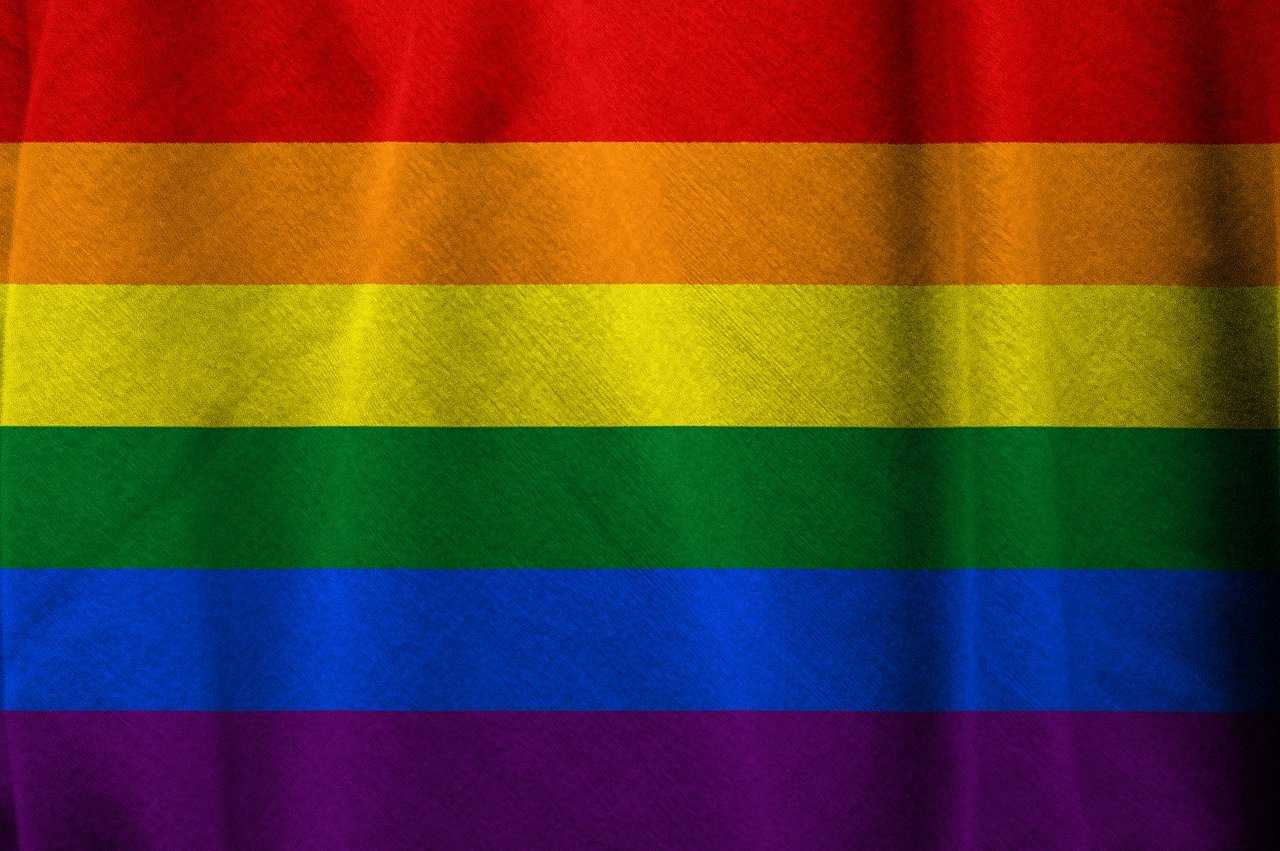
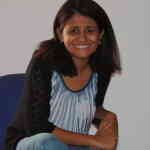

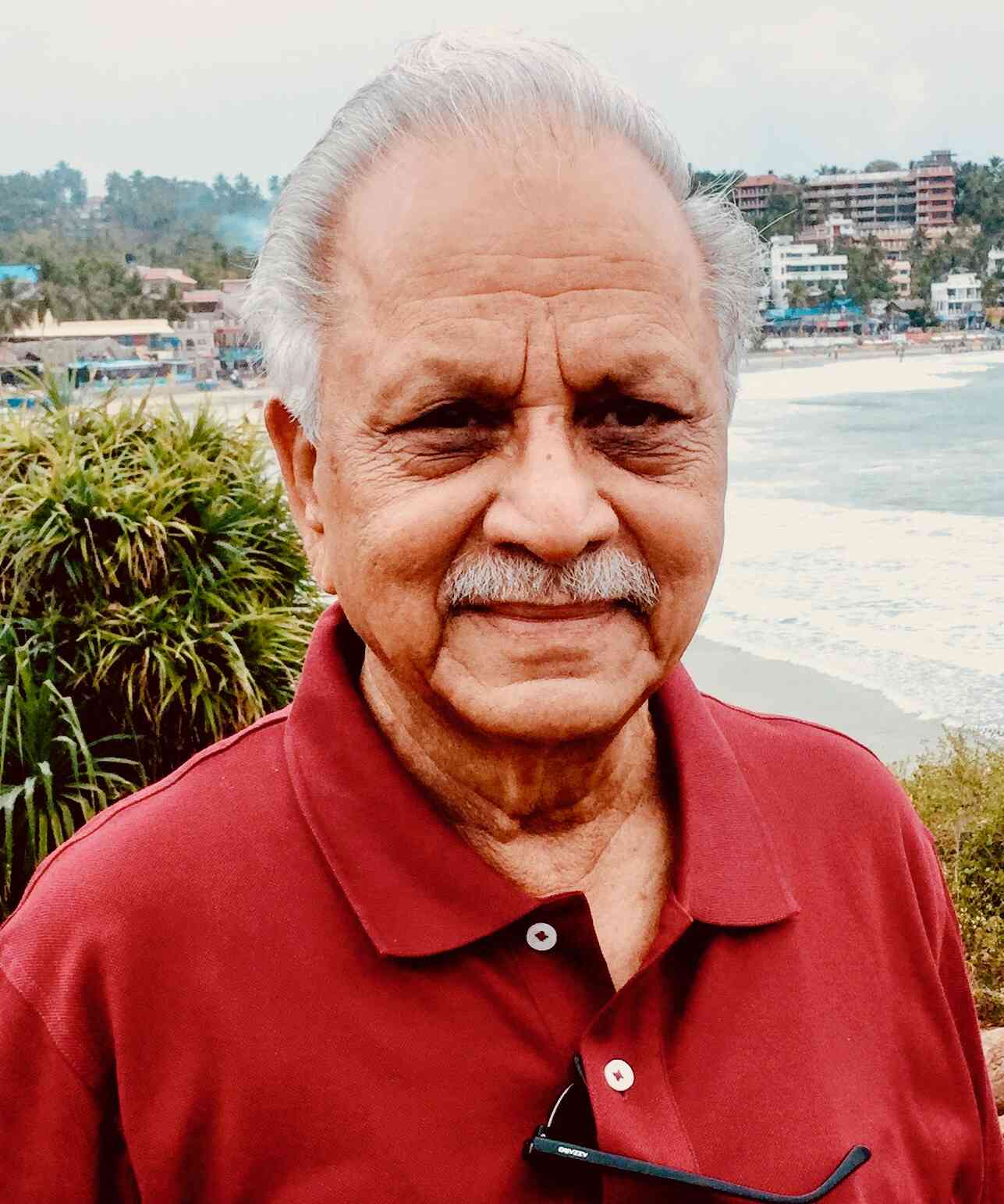

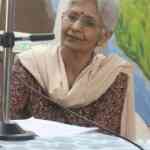
Post a comment